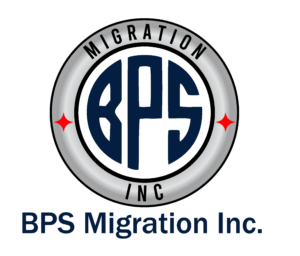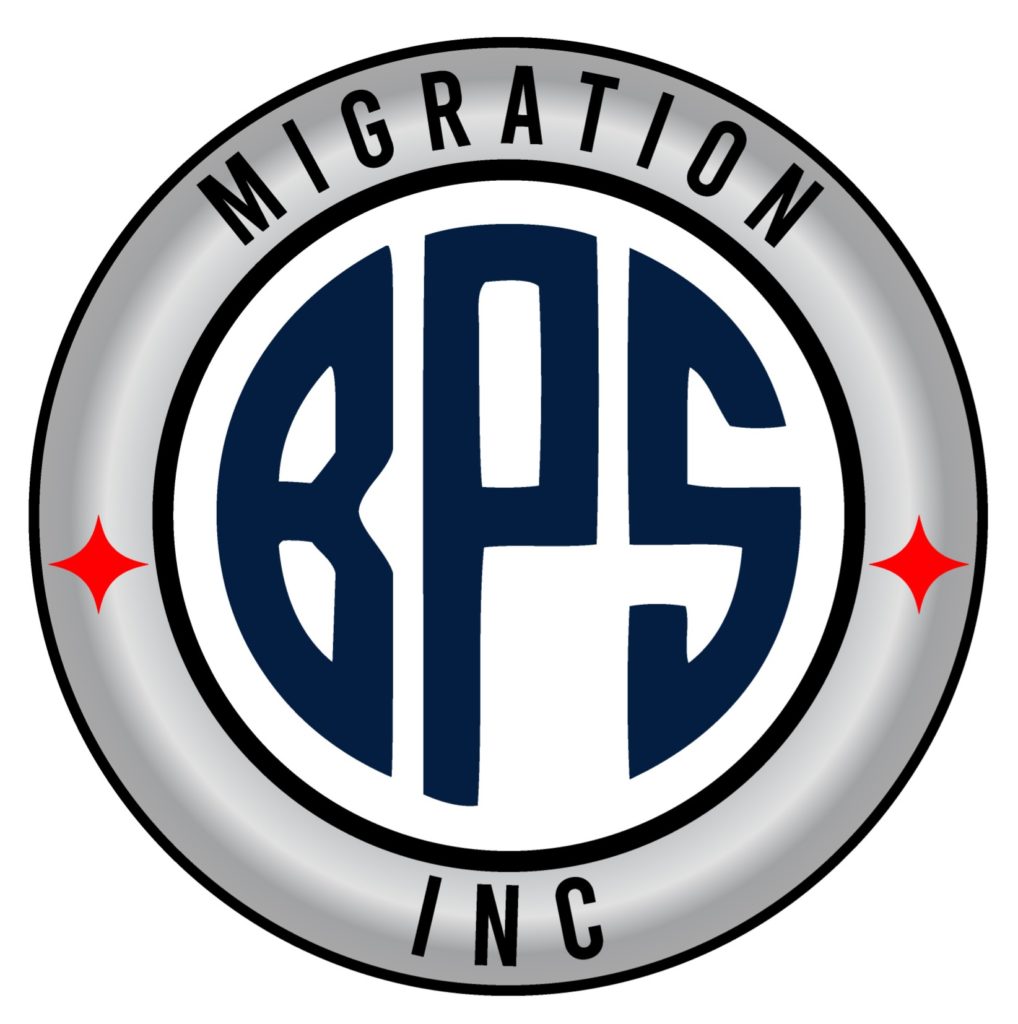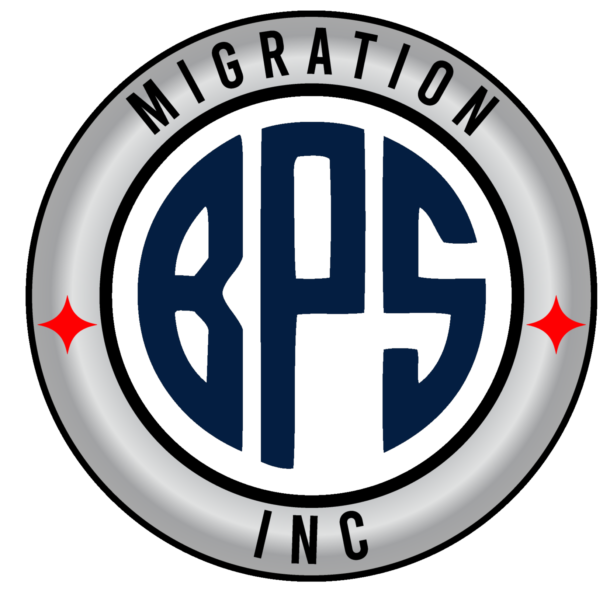First, Canada is very liberal in terms of “gaps’ in education. Many Canadians quit studying, work for a while and then went back to school.
I can give you many examples – some of them are EVPs and SVPs of banks ( e.g. my ex colleagues whom I shall not named), principals (my sister in law is an example), IT programmers (my son is one example) and the list can go on. They stopped studying after high school, worked and then went back to study. So have a gap is not a big concern if you can show what you were doing between that ‘gap’.
In fact, it is so popular that there is a term for this: “gap year” where people quit studying and do something else, such as travelling, working, or staying at home to discover one self, for a year (or more than a year).
Second, it really depend on what type of education are you applying. If what you are applying for is a natural progress – e.g. Bachelor to Master and so on, then this is not an issue.
If you are like many who just want to take a diploma after your Bachelor’s, then the question you should ask is: why are you taking this Diploma? How does this diploma/degree help you in your future? These are some questions that that IRCC will be asking and your consultant, whoever this person is, should be helping you to answer this.





0 Comments